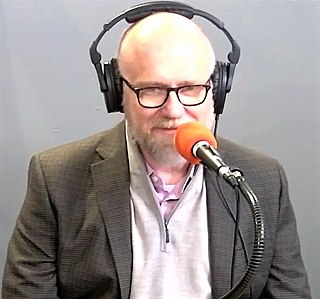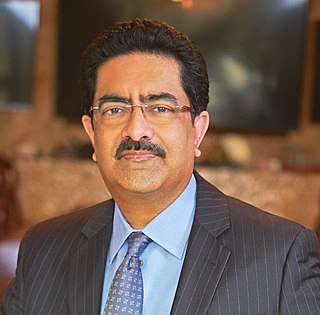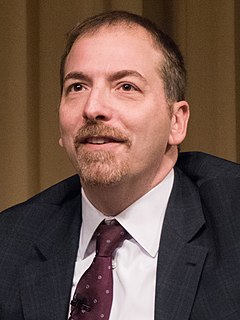A Quote by James Dyson
It is an extreme perversion of capitalism if you can trade in something before you have even paid for it.
Quote Topics
Related Quotes
When all the archetypes burst out shamelessly, we plumb the depths of Homeric profundity. Two clichés make us laugh but a hundred clichés moves us because we sense dimly that the clichés are talking among themselves, celebrating a reunion. . . . Just as the extreme of pain meets sensual pleasure, and the extreme of perversion borders on mystical energy, so too the extreme of banality allows us to catch a glimpse of the Sublime.
People think what's in the US today is capitalism. It's not even close to capitalism. Capitalism doesn't have a central bank, capitalism doesn't have taxes, it doesn't have regulations; capitalism is just voluntary transactions. What they have in the US today I call crapitalism. But it's sad that so many people are confused and they think, 'Oh that's free markets in the US', when it's one of the least free market countries on earth.
Capitalism is like this fractal thing where anything that contains an element of capitalism anywhere inside it is just something that turns into capitalism. It is an incredibly defeatist attitude. If you choose to look at reality that way, I suppose you can, but you have to do enormous violence to reality to do so consistently.








































